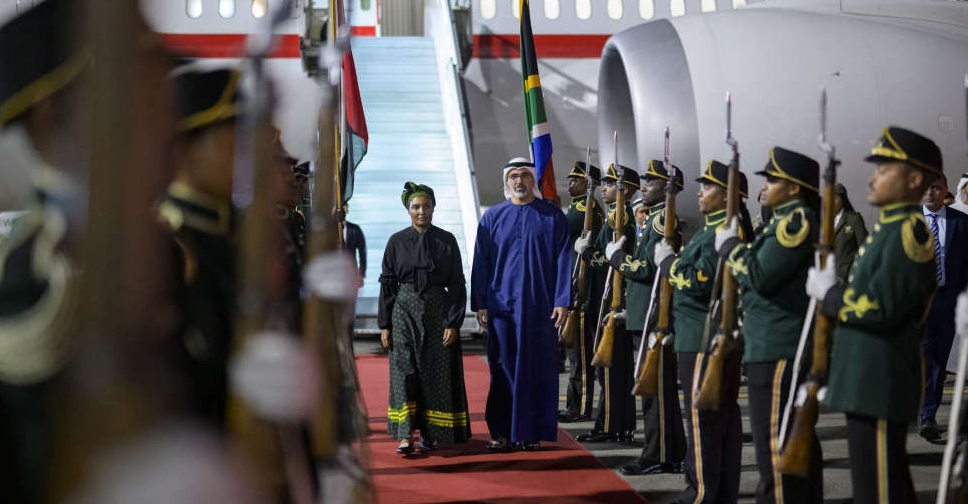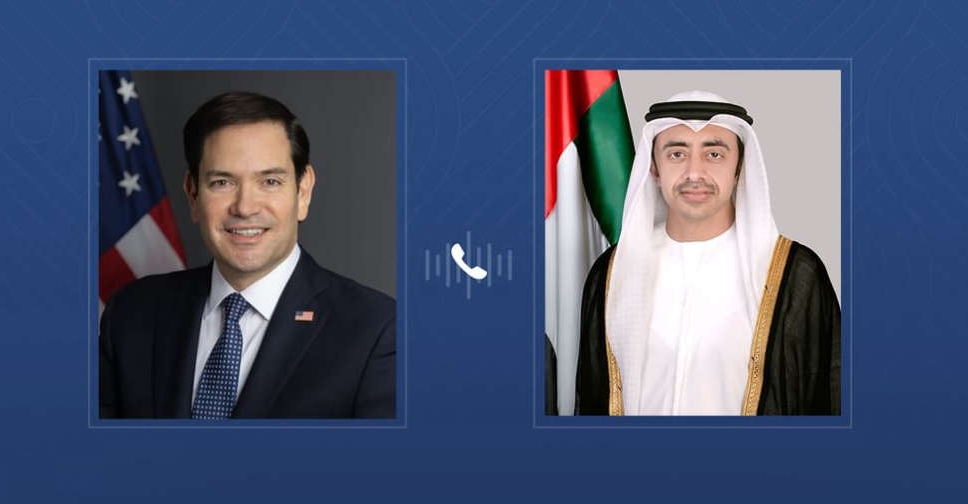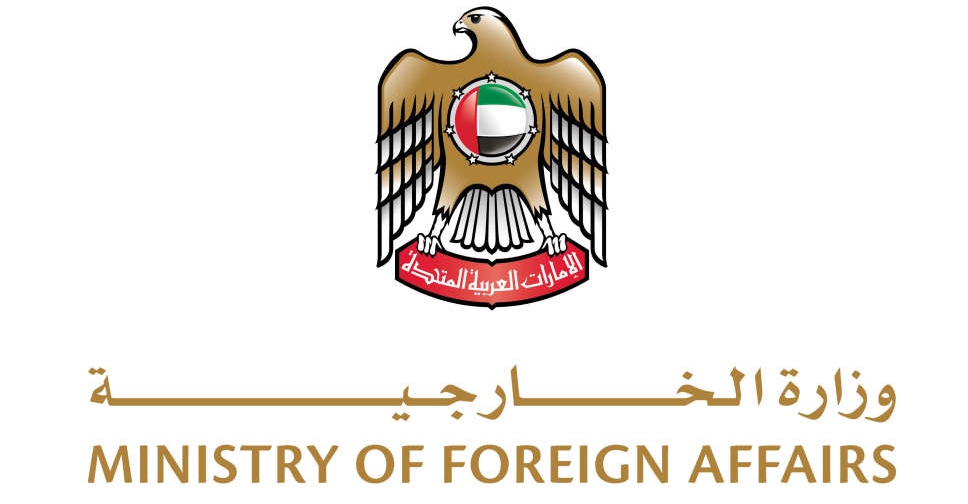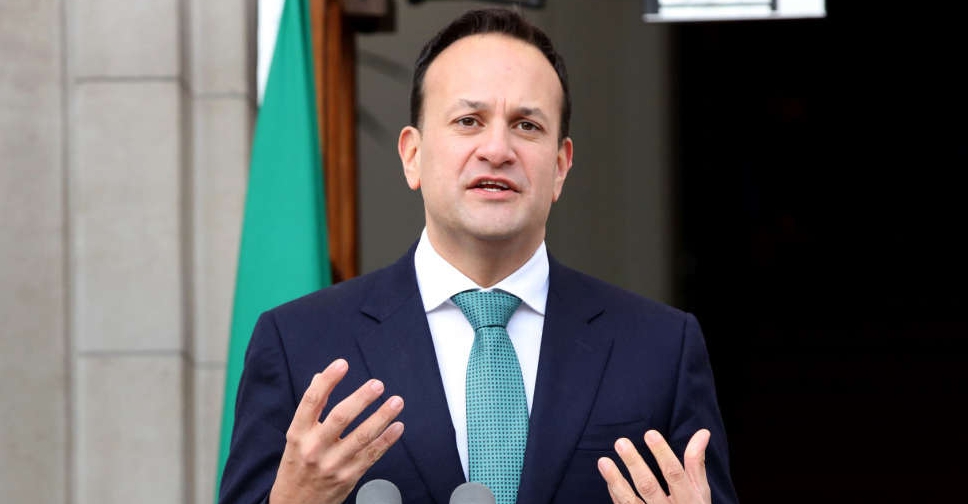
Leo Varadkar is set to be elected Irish prime minister for the second time on Saturday, taking over from Micheál Martin under a novel rotation agreement struck between their two parties - once sworn rivals - in a 2020 coalition deal.
Martin resigned on Saturday ahead of a vote in parliament to elect Varadkar, who was prime minister from 2017 to 2020. Martin will become deputy prime minister until a scheduled 2025 election and is also expected to be appointed foreign minister.
The 2020 coalition deal - which also included the smaller Green Party - for the first time united Martin's Fianna Fail and Varadkar's Fine Gael, Ireland's dominant centre-right parties and have led every government since independence a century ago.
"This morning, I visited the president and, pursuant to the relevant provisions of Bunreacht na hÉireann (Constitution of Ireland), I have tendered my resignation from the office of Taoiseach (prime minister)," Martin told parliament.
"It is both a privilege and a responsibility to serve as head of government in a free and democratic republic. I have been deeply conscious of this every day I have held the office of Taoiseach."
Varadkar will again face a years-long housing crisis that cost him a full second term in office and has made the left-wing Sinn Fein clear favourite to come out on top at the next election with a consistently wide lead in opinion polls.


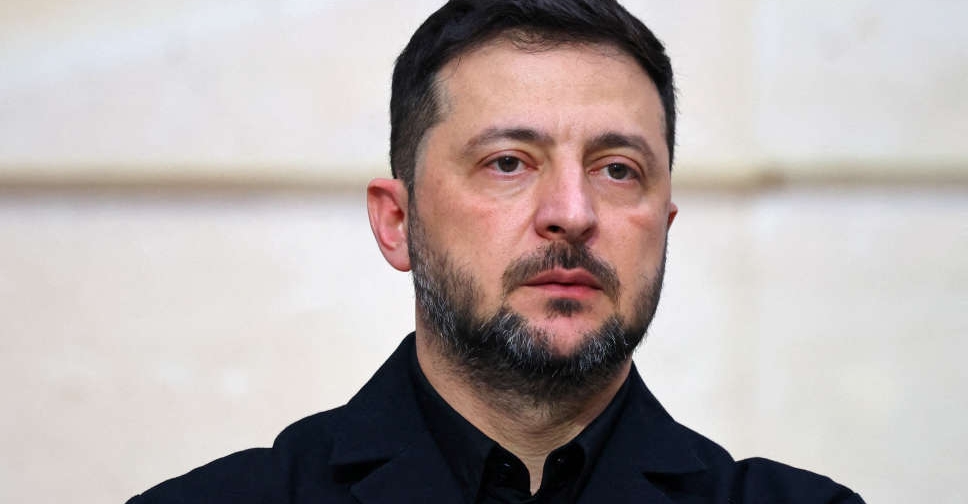 Ukraine faces 'difficult choice' as Trump demands acceptance of peace plan
Ukraine faces 'difficult choice' as Trump demands acceptance of peace plan
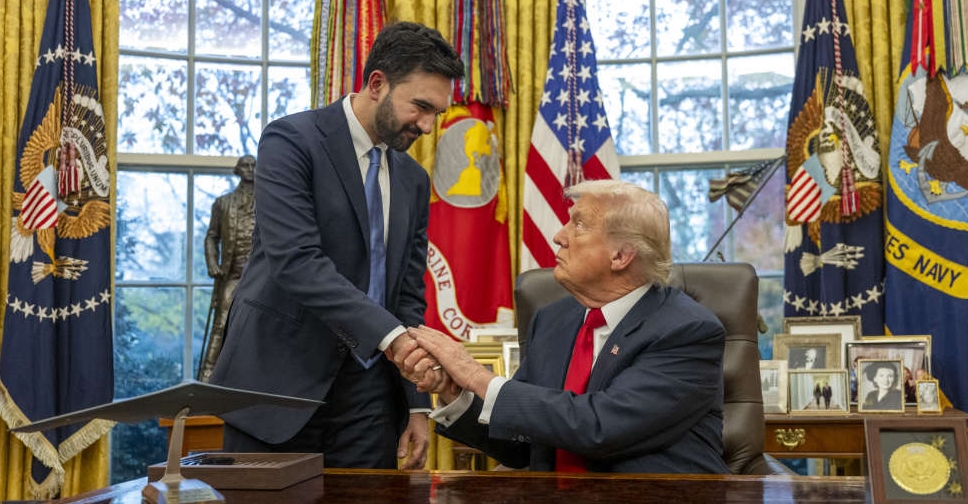 Trump lavishes praise on Mamdani at warm White House meeting
Trump lavishes praise on Mamdani at warm White House meeting
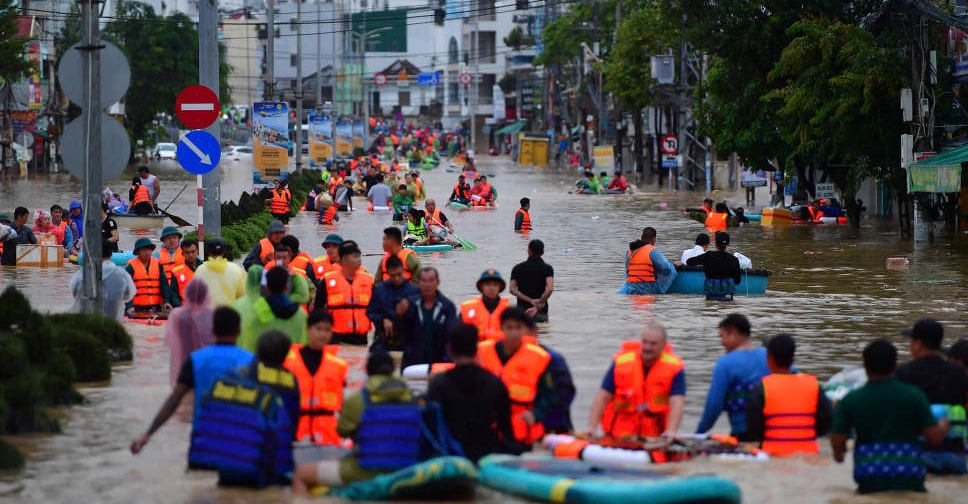 Central Vietnam death toll rises to 55 from flooding, landslides
Central Vietnam death toll rises to 55 from flooding, landslides
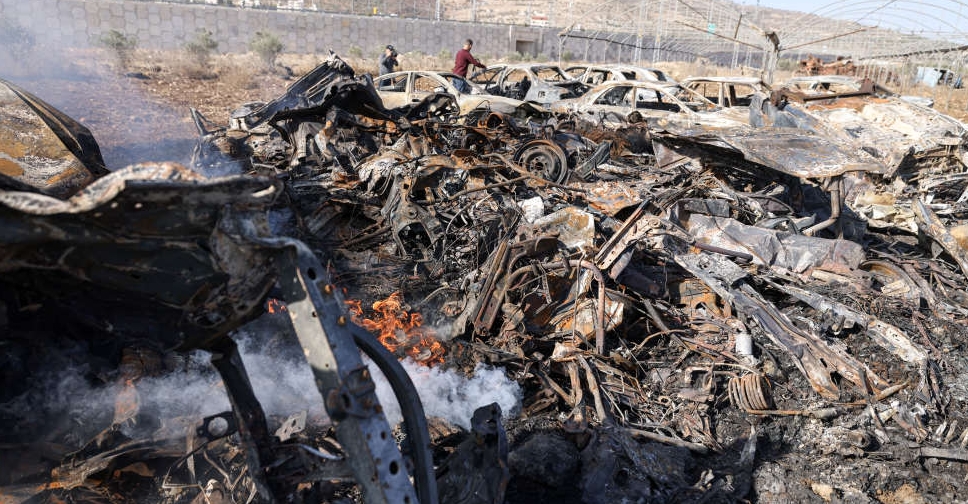 Israeli forces kill two Palestinian teens in escalating West Bank violence
Israeli forces kill two Palestinian teens in escalating West Bank violence
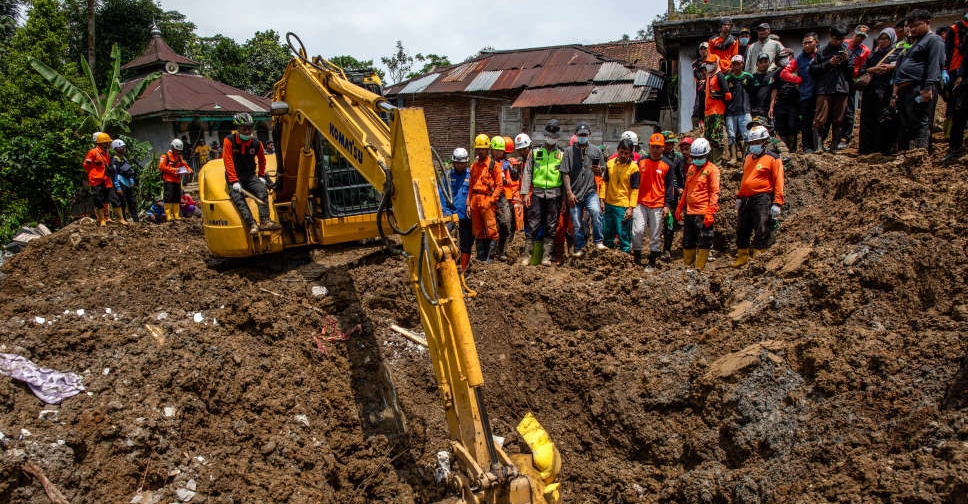 Death toll from Indonesia's Central Java landslides rises to 30
Death toll from Indonesia's Central Java landslides rises to 30

